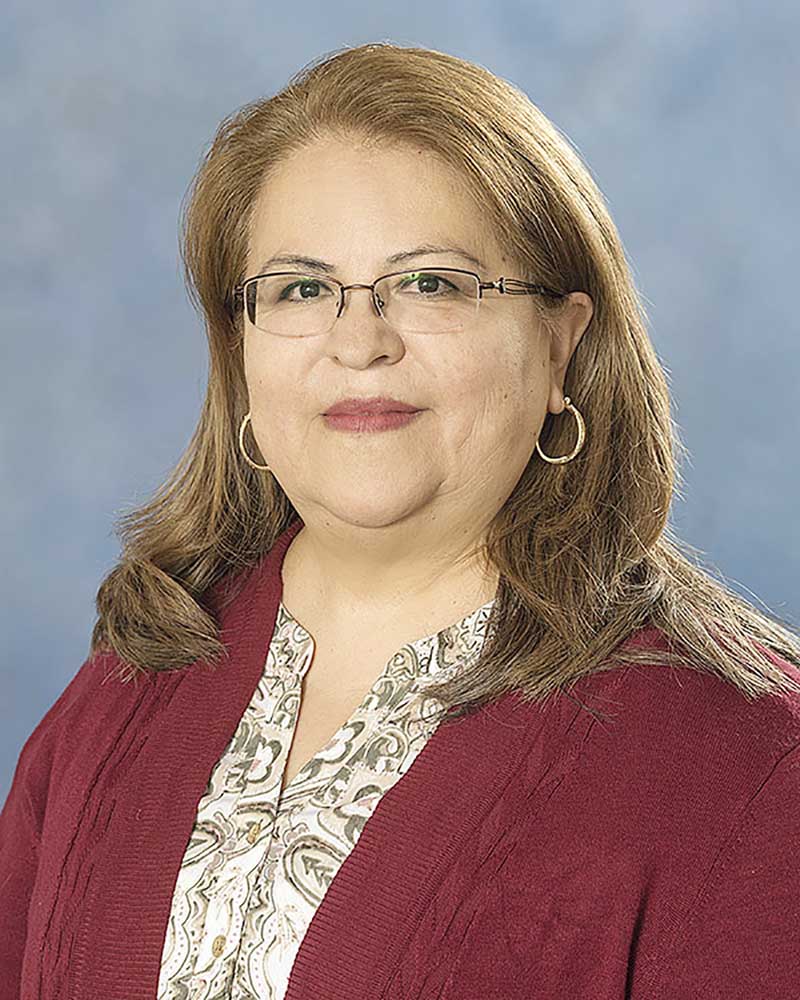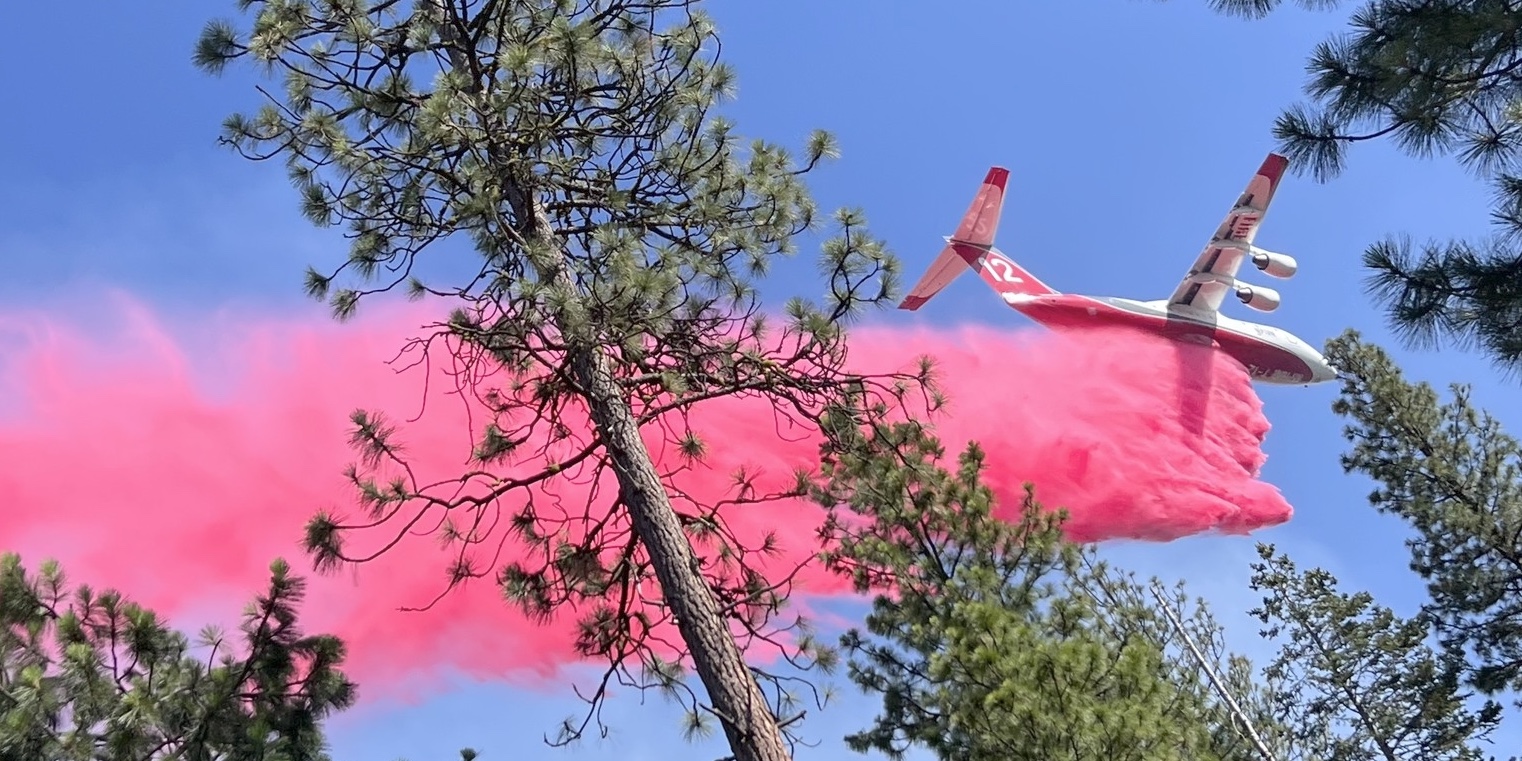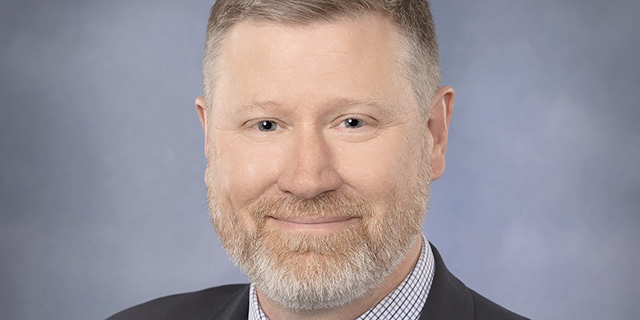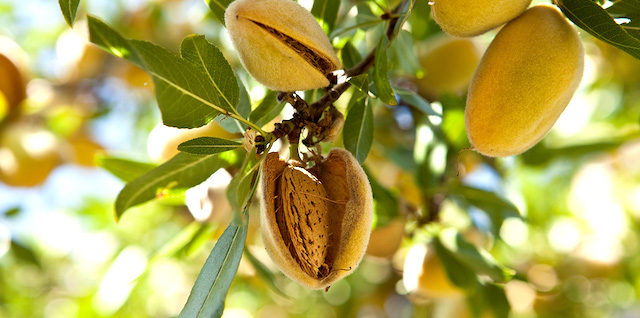Luisa Santamaria: A scholar of passion and drive
Published 2:30 am Thursday, July 2, 2020

- LuisaSantamaria
In addition to being an Oregon State University nursery plant pathology specialist and bilingual educator, Luisa Santamaria is a member of the Oregon Board of Agriculture.
Trending
Her many titles and duties make her a remarkably busy person. They also add joy to her life.
“I try to be in good spirits,” she said. “I like to keep myself busy in some way, and I put my heart in everything I do.”
She values family, plants, scientific discovery, and service to others. It is a noble life that was formed in her childhood.
Trending
Santamaria was born in Quito, Ecuador, to a family with six siblings. She had a middle-class life in suburban highlands that remind her of parts of Oregon. Her father, an agricultural engineer, was particularly influential.
“I think I got my love of plants from him,” she said. “He had a home greenhouse where he grew different ornamental plants. His specialty were cyclamens; he enjoyed cultivating them and making crosses to get variability in his plants.”
Luisa Santamaria’s current position supports the nursery industry to help educate nursery workers in plant health and plant disease prevention.
“To my nursery audience, I offer trainings about different aspects of plant health” such as current plant disease problems affecting ornamental and greenhouse crops, Entomology 101, and integrated pest management, she said.
“I usually train workers at nurseries to facilitate major worker participation, and I also offer classes at the (North Willamette Research and Extension Center). I provide science-based information with hands-on activities where workers have a better learning experience,” she said.
Most of these trainings are in Spanish.
“In 2011, there was a major E. coli outbreak from strawberries that was tracked to an Oregon farm,” she said. “This created concern among berry growers who approached me about facilitating trainings in food safety, especially for those who train field harvest workers. My bilingual skills in English and Spanish have allowed me to cater to different audiences. I have extended my audience from nursery workers to small farmers, berry growers, and agricultural contractors,” she said. “The trainings I provide aid these growers in conforming to FSMA and the Produce Safety Rule.” FSMA refers to the federal Food Safety Modernization Act.
Santamaria is writing an instruction manual for food safety trainers as well as a bilingual certification program on plant health for nursery workers, a long-term project, that is planned to launch this year through the Professional and Continuing Education Program at OSU.
Still in her first term on the Oregon Board of Agriculture board, she says she is willing to serve a second term, the maximum allowed.
She is also thinking about her future activities. Her dream research project will have her looking into the biology of photosynthetic microorganisms in recycled water, and their bioproducts with agriculture applications.
“That’s my passion right now,” she said. It was inspired by an encounter around eight years ago. In 2012, a grower went to her with a “green and slimy thing that he hated.” She looked at it under a microscope and saw that it was what she had studied 20 years before.
“Cyanobacteria and microalgae are microorganisms that I was familiar with,” she said, “and my interest were in those free-living species that fix nitrogen. There are some laboratories in different countries working with these microorganisms to develop biofertilizers. This is the research area that I would like to initiate and get more experience and knowledge to bring a green alternative as a source of fertilizer.”
“What guides my research goals is wanting to do something that can be both applicable immediately and used by growers who face challenges in plant production,” she said.







